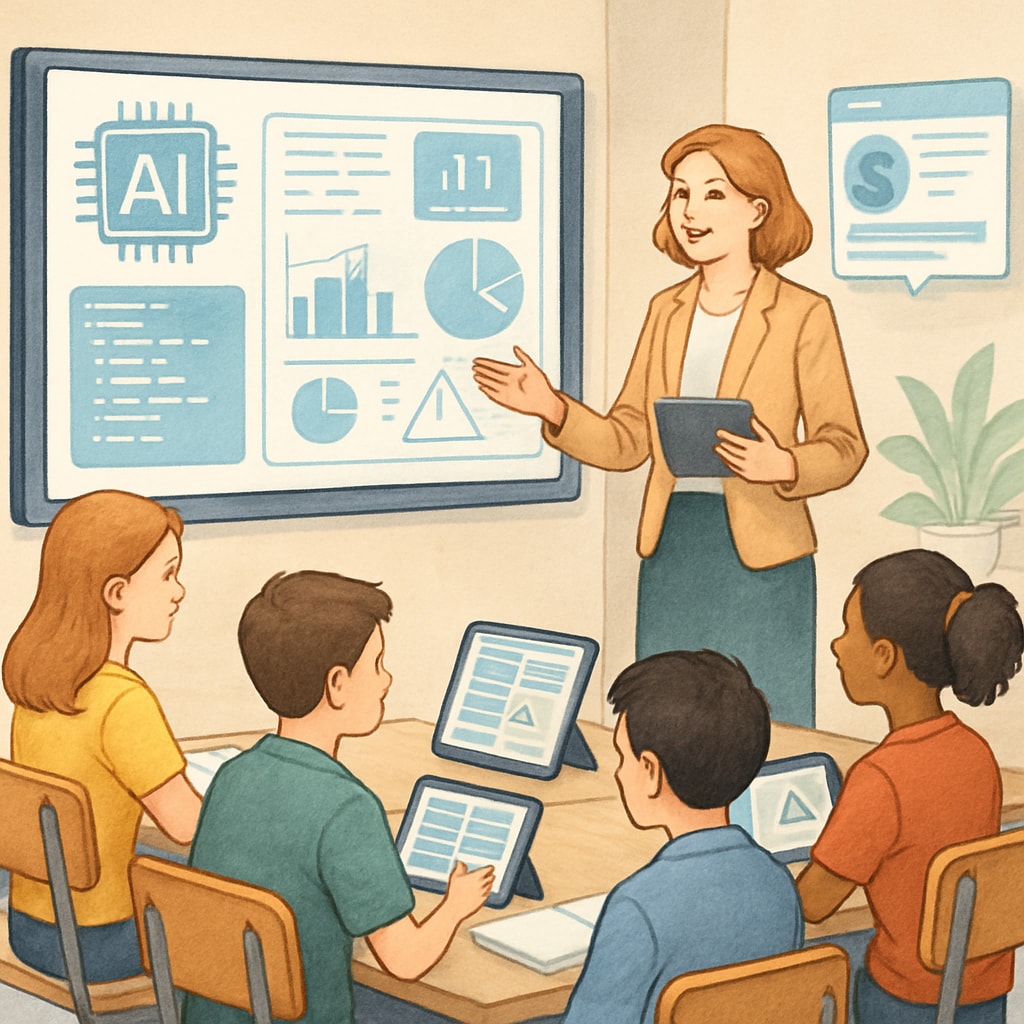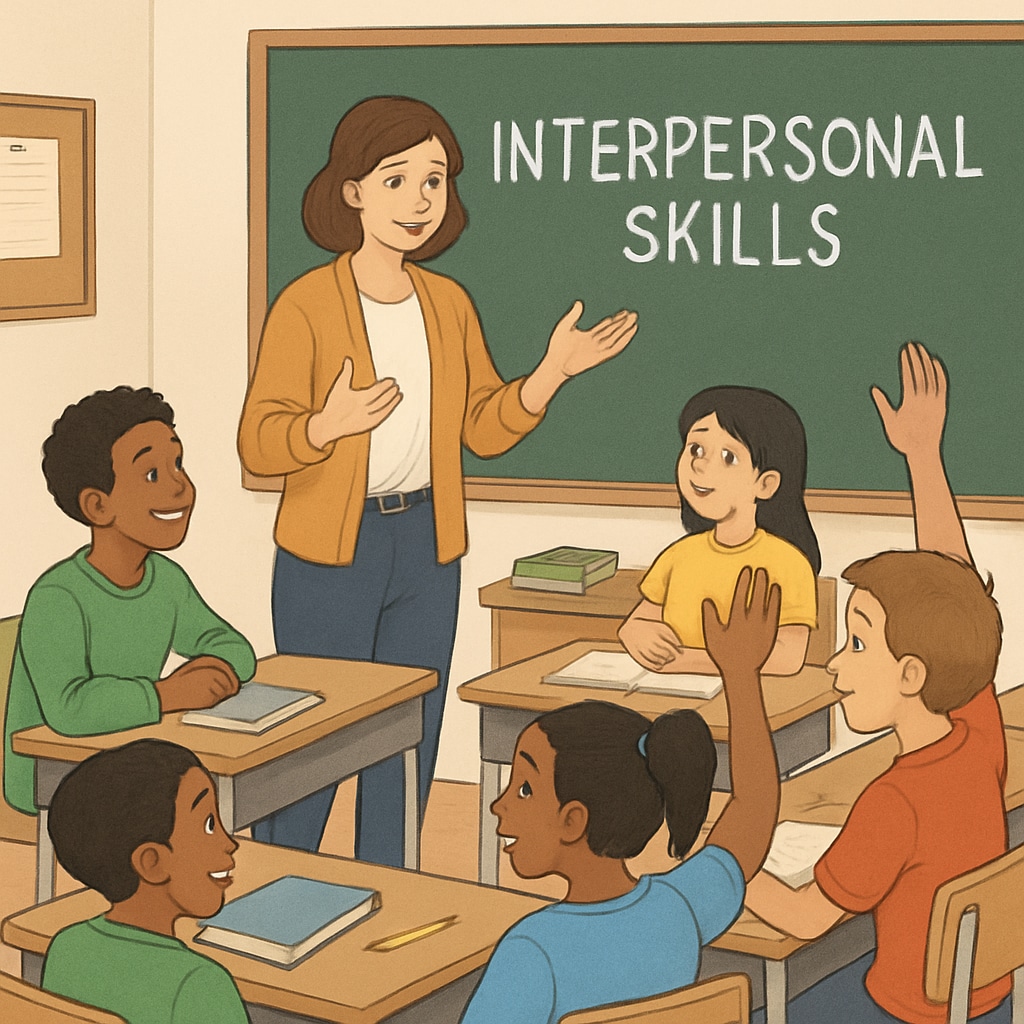As AI technologies like Google Gemini increasingly permeate the education sector, they are redefining the traditional roles of educators. The integration of AI education applications is not only transforming classroom experiences but also raising questions about the value of teachers, the importance of technical skills, and the need for equitable compensation. While AI offers unprecedented opportunities to enhance teaching efficiency, educators must navigate the paradox of being both empowered and potentially undervalued by these advancements.
How AI Is Transforming the Teaching Landscape
AI in education is revolutionizing how lessons are delivered, assessed, and personalized. Tools like Google Gemini are enabling adaptive learning experiences, where AI analyzes student performance in real-time and tailors content to meet individual needs. Such technology can perform tasks previously requiring significant teacher involvement, such as grading, curriculum planning, and even tutoring. As a result, educators are shifting from traditional teaching roles to becoming facilitators and mentors.
However, this shift comes with its challenges. Teachers are expected to master new technical skills to effectively integrate AI into their classrooms. This raises concerns about the adequacy of professional development opportunities and whether schools can support teachers in acquiring these competencies.

The Paradox of Technology Empowerment and Role Undervaluation
While AI has the potential to empower teachers by automating routine tasks, it also risks undermining their perceived value. If AI can handle lesson delivery and personalized learning, some may question the necessity of having human educators in the classroom. This perception could lead to a devaluation of the teaching profession, both in societal esteem and financial compensation.
For example, a 2022 report by the Encyclopedia Britannica highlighted that automation in education could lead to reduced demand for certain teaching roles. Schools may prioritize hiring fewer, more technically skilled educators, potentially sidelining those unable to adapt to AI-driven classrooms. This dynamic emphasizes the need for teachers to identify unique, irreplaceable aspects of their roles—such as emotional intelligence and mentorship—that AI cannot replicate.

Compensation in the Age of AI: A New Bargaining Frontier
With the rise of AI education tools, the discussion around teacher compensation is becoming more complex. Teachers are now expected to bring not only pedagogical expertise but also technical proficiency to their roles. This dual expertise should ideally be reflected in their salaries; however, the reality often falls short.
Increased reliance on AI raises questions about whether educators should be compensated for the additional technical skills they must develop. Moreover, as AI reduces certain teaching responsibilities, some institutions may justify stagnant or even decreased salaries. This creates a critical need for teachers and unions to advocate for fair compensation that acknowledges the evolving demands of the profession.
To address this, educators can focus on several strategies:
- Highlighting the unique value of human-led education, such as emotional support and creativity.
- Engaging in professional development to acquire AI-related skills and increase bargaining power.
- Collaborating with policymakers to establish compensation frameworks that account for new technical demands.
Balancing Technology and Humanity in Education
As AI becomes a cornerstone of modern education, finding a balance between technology and human interaction is crucial. Teachers must emphasize their irreplaceable roles as mentors, motivators, and role models, even as they embrace AI tools. Institutions, in turn, should prioritize training programs that equip educators with the skills needed to thrive in this new environment while ensuring their contributions are fairly rewarded.
Ultimately, the integration of AI in education is not about replacing teachers but augmenting their capabilities. By focusing on collaboration between technology and human expertise, the education sector can unlock its full potential while preserving the dignity and value of the teaching profession.
Readability guidance: Short paragraphs, clear transitions, and balanced use of technical and accessible language ensure the content is engaging and easy to follow. Lists are used for summarizing key points effectively.


